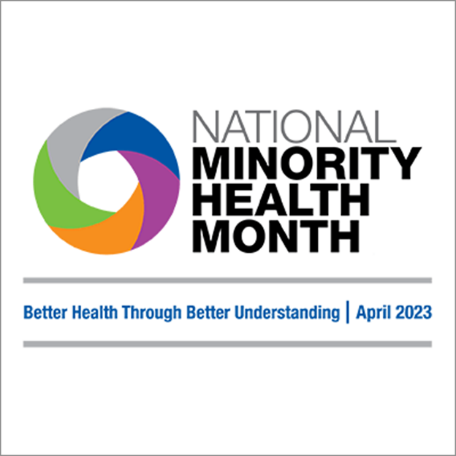
National Minority Health Month is observed every April to underscore the importance of improving health outcomes for racial and ethnic minority groups.
This year’s theme, Give Your Community a Boost!, focuses on the continued importance of COVID-19 vaccination, including COVID-19 boosters, and sharing credible information as important tools to end the COVID-19 pandemic that has disproportionately affected communities of color.
About National Minority Health Month
The foundation for National Minority Health Month was laid by educator, author, and civil rights leader Booker T. Washington, who, in 1915, established National Negro Health Week (NNHW) to bring awareness to the health disparities affecting African Americans caused by poor working and living conditions. NNHW was recognized until 1951 and formed the basis for many of the health-focused observances we celebrate today.
In 2000, HHS launched Healthy People 2010, the third iteration of the Healthy People framework, with the explicit goal of eliminating health disparities for racial and ethnic minority and AI/AN communities. In 2002, as part of a response to this call for action, the U.S. Congress resolved that “a National Minority Health and Health Disparities Month should be established to promote educational efforts on the health problems currently facing minorities and other health disparity populations.”